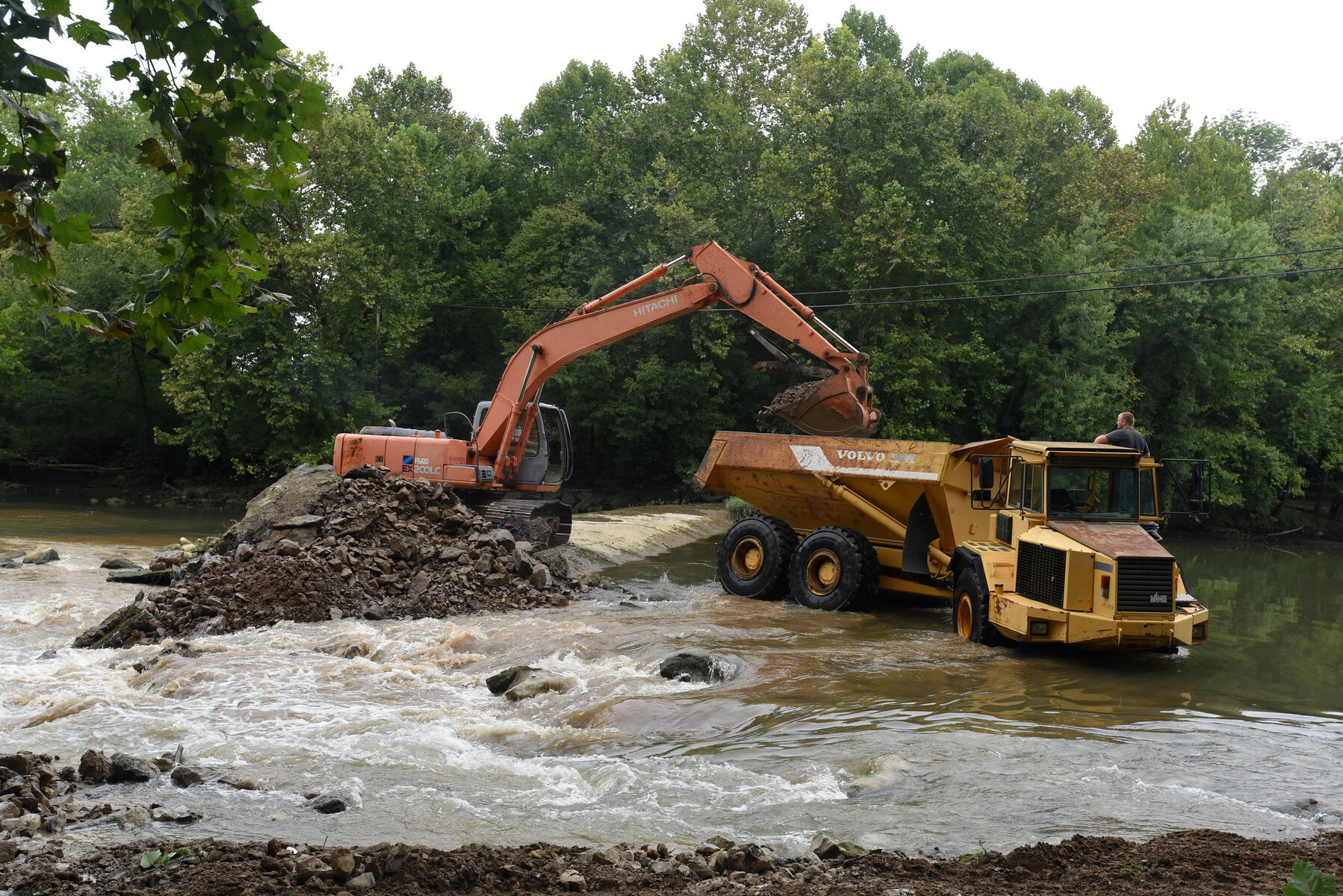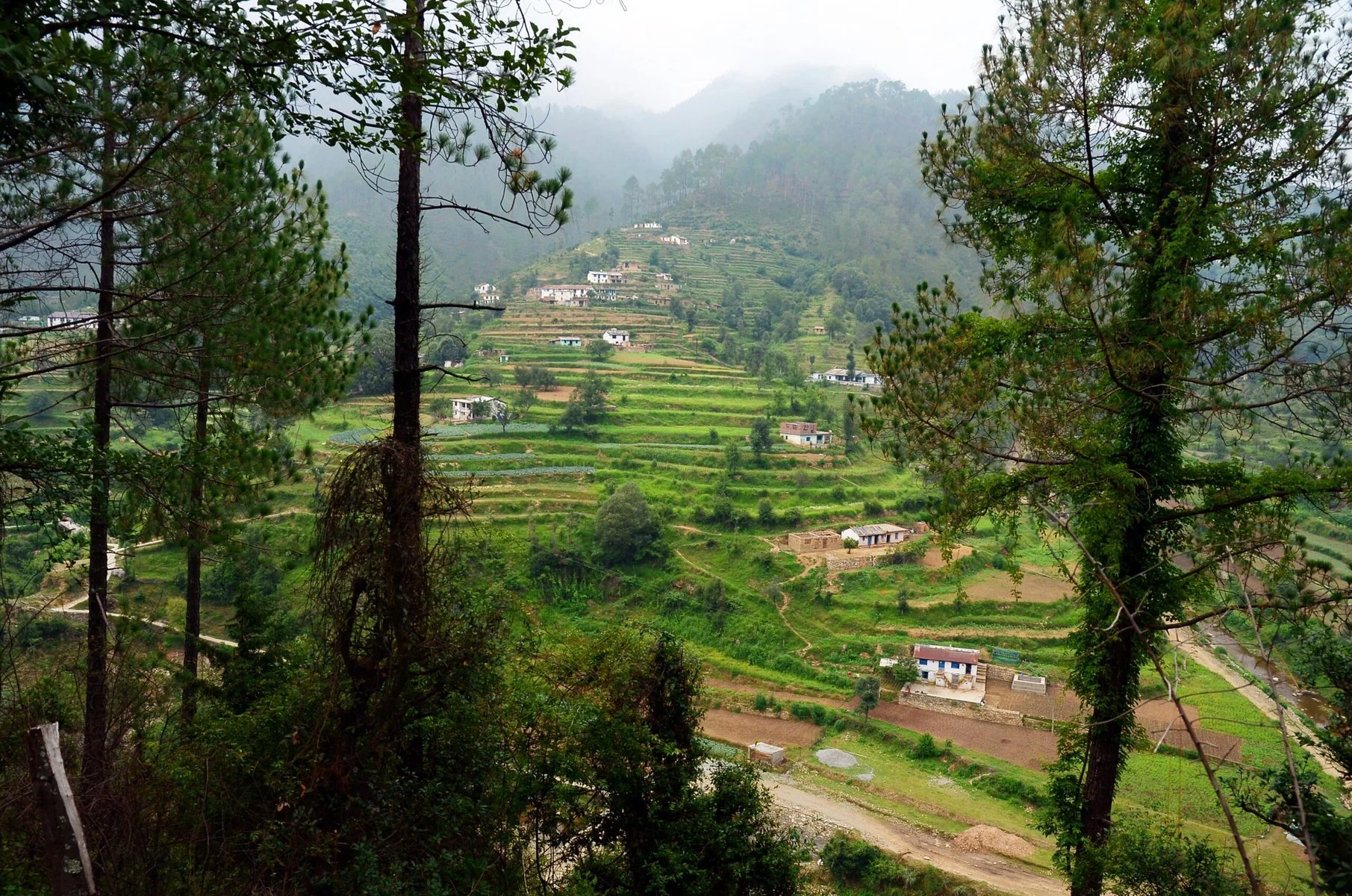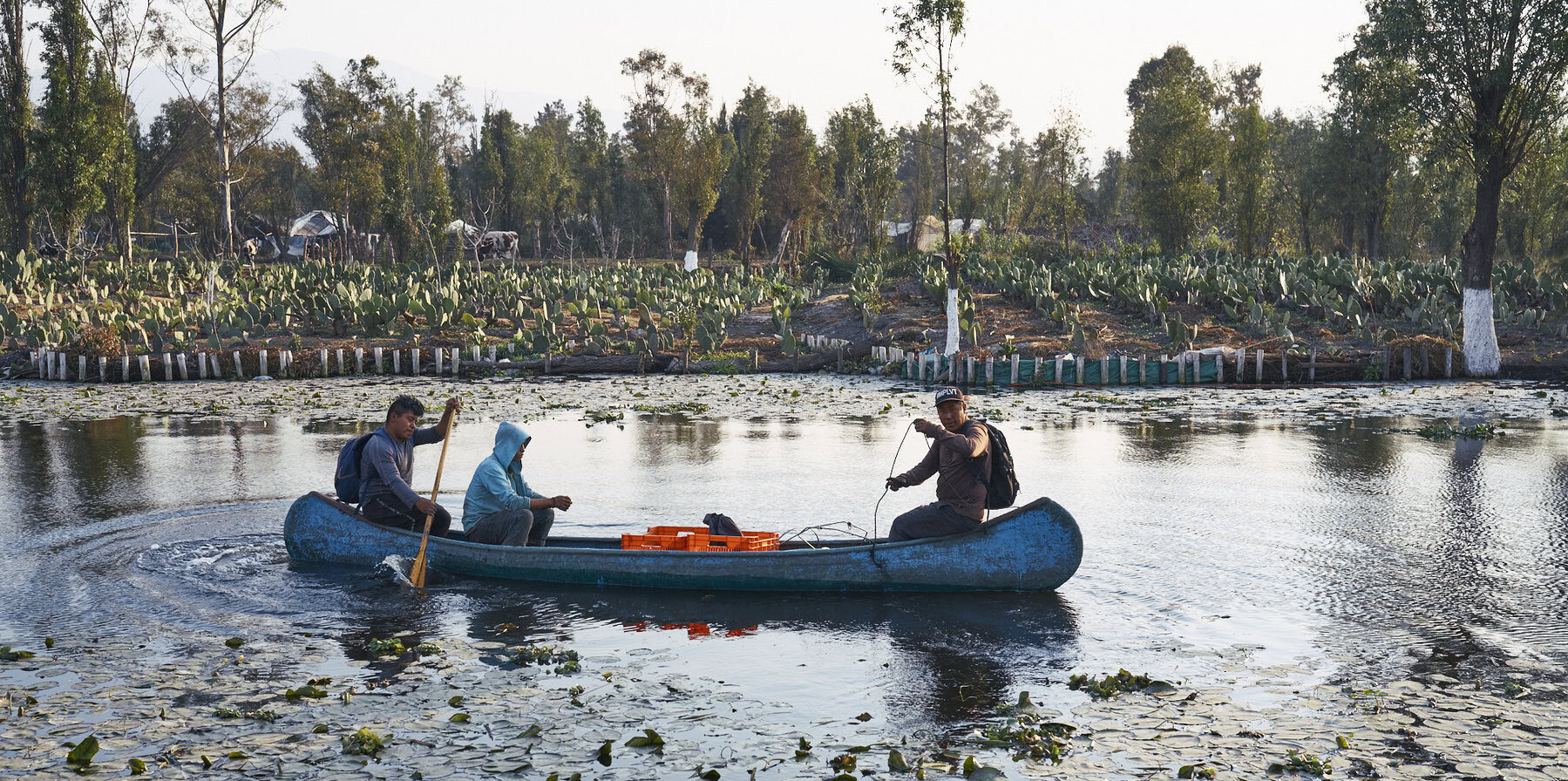Welcome back to our weekly behind-the-scenes glimpse at what’s getting our team talking. Let us know what you think at [email protected].
Re-plumbing the West
This week, multiple water-related initiatives in the US caught our attention. First up: $60 million will go to projects to make the Rio Grande more resilient in New Mexico and West Texas, according to an AP News story shared by Editorial Director Rebecca Worby.
Becca says:
We hear so much about the Colorado River, but of course it’s not the only river system in the American West stressed by drought and demand. An irrigation manager in one Rio Grande district that’s already making efforts to “slow down runoff and keep sediment from clogging channels that feed the river” described this work as “re-plumbing” the West.
Going swimmingly
In other watery news, the Biden-Harris Administration announced nearly $240 million for new fish passage projects. What are fish passage projects? Anything that helps fish move more freely: dam removal, fish ladders, culvert improvements and more. These may sound mundane, but the results are often dramatic.

We’ve covered such projects here at RTBC, notably in a story written by Kea Krause last year about the stunning revival of Maine’s Penobscot River after dams were removed. And friend of RTBC Ben Goldfarb, who is at work on a whole book about fish, wrote a story (which originally appeared in Hakai Magazine) about how culvert improvements are saving migratory fish.
What else we’re reading
🥤 Is Biodegradable Plastic Really a Thing? — shared by Contributing Editor Michaela Haas from the New York Times
🛍️ The Denmark secret: how it became the world’s most trusting country — and why that matters — shared by RTBC founder David Byrne from The Guardian
🏢 The Architect Who Made Singapore’s Public Housing the Envy of the World — shared by David Byrne from the New York Times
Elsewhere in our channels…
At a recent conference about nonprofit media, David Bornstein, co-founder of the Solutions Journalism Network, told RTBC Executive Editor Will Doig about an AI program that the network is developing. Its purpose, according to the announcement post, is to identify and surface news stories about climate change “that shift coverage from ‘unsolvable and apocalyptic’ to solutions-focused journalism.”
“The technology is still in development,” Will notes, “but apparently it’s already very accurate.”











